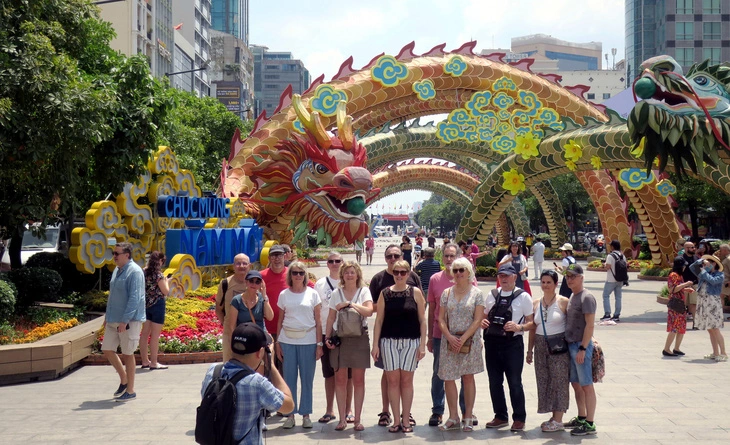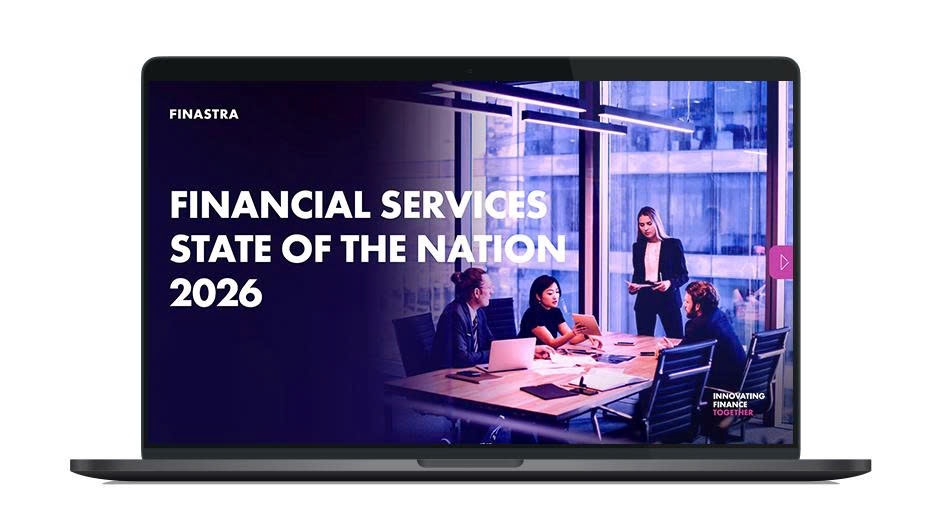Vietnam’s tourism industry achieved remarkable success in 2023, fueling anticipation for another bumper year of travel. The skies are blue as the country exceeded its target for domestic tourists by over 5.8 percent with an estimated 108 million arrivals while also welcoming 12.6 million international visitors – more than threefold of 2022’s figure.
This has set the stage for Vietnam’s ambitious goal of welcoming 18 million international visitors in 2024. Confidence is coursing through the country, which has figured out the secret sauce for success: strong public-private partnerships (PPP). These collaborations have transformed the travel experience by integrating advanced digital solutions into Vietnam’s comprehensive tourism ecosystem.
In many airports across Southeast Asia, PPPs have revolutionized travel, from smart features in airports to linking digital payment apps, where the focus is on achieving seamless connectivity and enhanced convenience for travelers. It is clear that Vietnam will continue to tap such initiatives to spearhead its tourism industry this year.
PPP efforts aimed at accelerating Vietnam’s tourism industry can be categorized into three key pillars: a focus on visa policies and strategic cross-border partnerships to facilitate seamless travel experiences, developing digital amenities to ensure end-to-end connectivity and convenience, and a strong emphasis on infrastructure enhancement to support the tourism sector’s growing demands.

Tourists take souvenir photos with the dragon model on Nguyen Hue Street, District 1, Ho Chi Minh City – Photo: T.T.D.
Seamless travel experiences
Vietnam has embraced a visitor-friendly approach by implementing a series of new policies to enhance convenience for tourists. They include granting electronic visas to all international visitors, extending the visa validity period to 90 days, and providing up to 45 days of visa-free travel for citizens of countries with unilateral visa exemptions from Vietnam.
These measures highlight Vietnam’s commitment to facilitating seamless, efficient entry for travelers and promoting an inclusive and accessible tourism environment. Another notable initiative from Vietnam is engaging in bilateral agreements with other countries to promote tourism cooperation. This includes expanding air connectivity by establishing new flight routes and increasing the number of direct flights to emerging local destinations. For instance, Vietnam signed a visa exemption agreement for Belarus ordinary passport holders last December to facilitate smoother travel.
Expanding air connectivity plays a crucial role in the growth of airlines and international tourism. Vietnam’s national carrier, Vietnam Airlines, has launched new flight routes connecting Da Nang Airport and Don Mueang International Airport in Bangkok, Thailand. And there is no better time to ramp up efforts, considering the coastal city’s rising popularity – almost two million foreign tourists visited in 2023, a growth of 4.2 times compared to 2022.
End-to-end connectivity and convenience
With increased physical connectivity, there must also be improved digital nodes. Providing end-to-end connectivity and convenience for travelers has become increasingly crucial. Recent data has revealed that over 70 percent of travelers prefer organizing their trips; planning and selecting services through online travel platforms.
As such, travel experiences are now packaged within the convenience of portable smart devices. Innovative solutions powered by cutting-edge technologies, such as artificial intelligence, are now ubiquitous in Vietnam. These technologies enable services such as interpretation, digital payments, and personalized travel itineraries that elevate the travel experience.
By collaborating with the companies behind these digital tools, the Vietnamese government will gain valuable insights into travelers’ preferences and trends to serve them better. This has been realized as a roadmap in 2023, when the Ministry of Culture, Sports and Tourism announced plans to entrench tourism as a key economic pillar through digital transformation in a unified approach.
With the government providing support to businesses across the travel ecosystem, this symbiotic relationship creates a collaborative environment that benefits visitors and encourages more to see Vietnam.
In line with this direction, the Vietnam National Administration of Tourism and Traveloka signed a memorandum of understanding last year to harness the power of digital transformation in travel. This shared commitment involved multiple initiatives, including knowledge-sharing and collaborative digital transformation projects. While also solidifying the importance of PPPs in promoting sustainable tourism growth.
Infrastructure enhancement
PPPs in Vietnam have also significantly improved the country’s infrastructure, a critical enabler of smooth travel. In addition to traditional funding sources, private sector investment has been important in developing transport, urban, and energy infrastructure. These partnerships have mobilized substantial capital, leading to the construction of national routes, highways, power plants, and other projects that support Vietnam’s socio-economic development.
A welcome boost came in late 2023 when the government announced a resolution to pilot an increased state capital contribution of 70 percent to PPP projects in specific areas, increasing from the original 50 percent. It is a positive development that creates more favorable conditions for private investors and encourages greater participation in PPP projects. We are already seeing the plan’s initial sprouts as the government leaders approved the Dong Dang – Tra Linh expressway construction – the first project to receive the raised state budget capital support and a critical one for tourism development.
However, the implementation of infrastructure projects under the PPP model in Vietnam still needs to be improved. The number of new projects remains limited at the moment, mainly focused on the transport sector, and there are challenges in project preparation, risk allocation, and legal frameworks.
To keep the momentum going, tourism businesses can offer their expertise and contribute to high-demand PPP projects. Well-equipped with the latest technology, such organizations have industry-specific knowledge and financial capabilities that the government can tap, and both parties can ensure that infrastructure development aligns with the requirements and expectations of the tourism sector. This enables optimal utilization of resources and the successful implementation of infrastructure projects.
The Vietnam tourism industry is poised to accelerate this year with the combined support of new policies and technology-driven initiatives. By sharing knowledge in digital transformation, innovative solutions, and destination management, Vietnam can effectively enhance its tourism competitiveness and achieve sustainable growth.
The article is also featured on: https://tuoitre.vn/mo-cua-cho-du-lich-viet-nam-tu-hop-tac-cong-tu-20240316104108254.htm
About Pioneer
Pioneer Marketing & Public Affairs is a premier Vietnam-based consultancy that provides a diverse range of insight-driven solutions to clients in various industries. Founded in 2004, we have been offering public-affairs and marketing communications solutions to clients in aviation, banking, e-commerce, fintech, FMCG, nutrition, and information and communications technology. For more information, please visit: https://pioneervn.com/who-we-are/
By Caesar Indra, President, Traveloka


